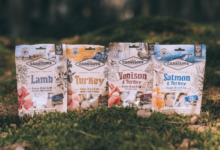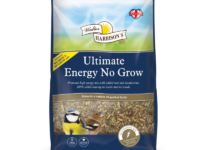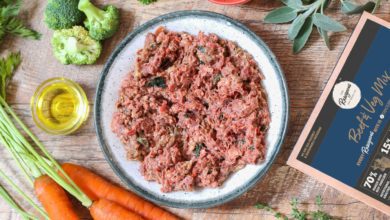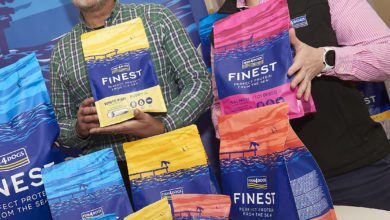More pond plants banned from sale
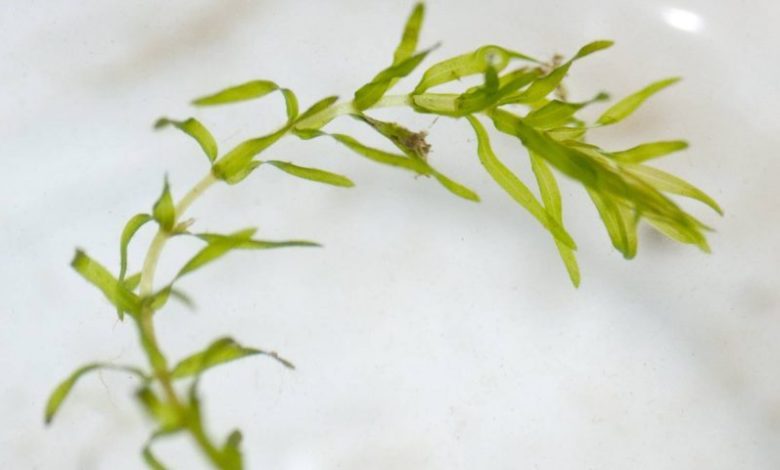
The European Union has added four more aquatic plants to the banned list of species that can no longer be sold in the UK in the future.
Transitional arrangements will be in place to enable the plants to continue to be sold for a year – provided contractual arrangements ordering stock in these four plants are put in place before 1 August 2017.
And the industry is being reminded that all stock of four pond plants banned last year – including water hyacinth – must be cleared from the shelves from 2 August and cannot be sold anymore.
The full list of aquatic species that cannot be sold in the UK is available on the OATA website here http://ornamentalfish.org/what-we-do/set-standards/invasive-species/
The latest four plants to be banned as part of an update to the Alien Invasive Species Regulation are:
- Alternanthera philoxeroides (Alligator weed)
- Elodea nuttallii (Nuttall’s waterweed)
- Gunnera tinctoria (Giant Rhubarb)
- Myriophyllum heterophyllum (Broadleaf watermilfoil)
“These are not bigger sellers in our industry but nevertheless it is yet more aquatic plants being chipped away from what can be sold. And we know the EU is already working on its next list of invasive species and there will be more aquatic plants and ornamental fish being considered for that,” said OATA Chief Executive Dominic Whitmee.
“We would suggest plant growers, wholesalers and retailers read the Defra advice on this and put in an order before 1 August if they want to continue to sell these for the next pond season in 2018.
“And we also need to remind the industry that Eichhornia crassipes, Cabomba caroliniana, Lagarosiphon major and Lysichiton americanus must not be sold from 3 August 2017.
“We continue to make the point to Defra that many of these pond plants do not pose an invasive issue for the UK because they cannot survive our winters so should be allowed back on sale as soon as possible following our exit from the EU.”
Advice from Defra is also available here.






